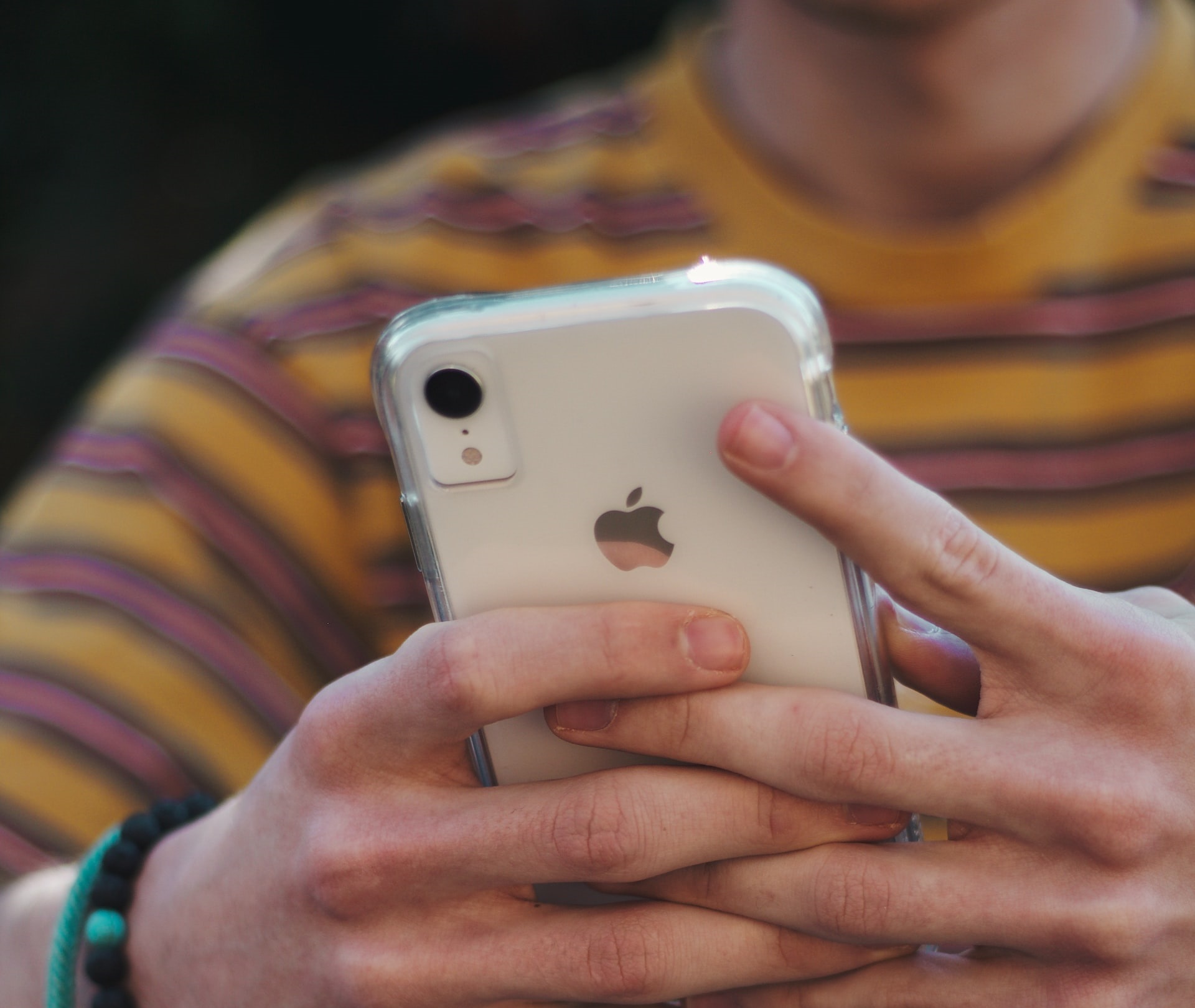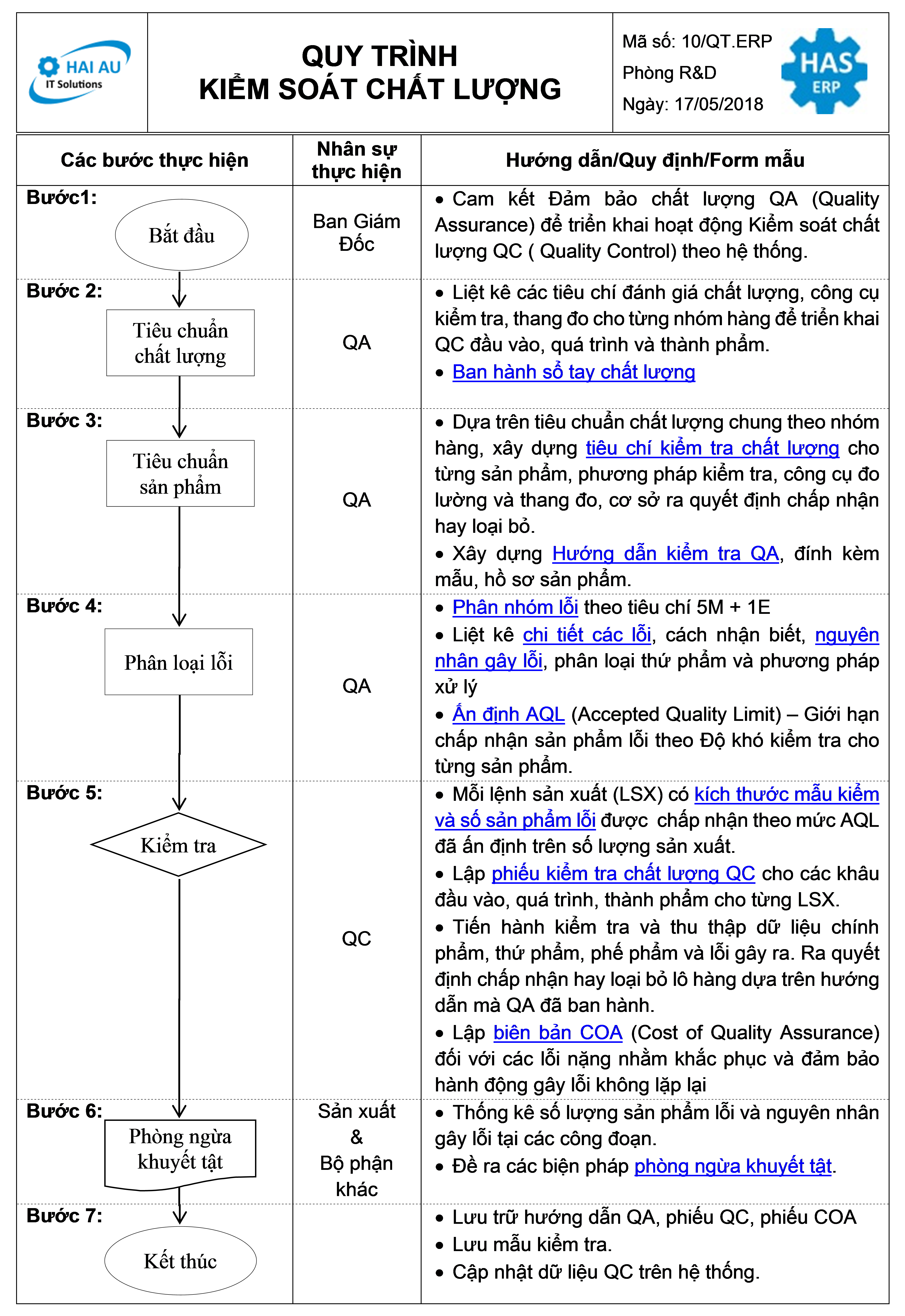Can Android's Fresh Design Compete With IPhones Among Gen Z?

Table of Contents
Aesthetic Appeal: A Clash of Styles
The battle for Gen Z's attention begins with aesthetics. Android and iOS represent distinct design philosophies: a clash of minimalism versus maximalism.
Minimalism vs. Maximalism:
Android, particularly with its Material Design 3, leans towards a more flexible, customizable approach. Think vibrant colors, dynamic theming, and a wealth of widgets allowing users to personalize their home screens. iOS, on the other hand, champions a clean, minimalist aesthetic. Its consistent interface, characterized by crisp icons and a focus on simplicity, prioritizes a polished, unified look and feel.
- Android's customization options and widgets: Offer unparalleled personalization, appealing to Gen Z's desire for self-expression.
- iPhone's consistent and polished interface: Provides a streamlined, user-friendly experience that's instantly recognizable.
- Gen Z preference for visually appealing interfaces: This generation values both functionality and aesthetics, seeking devices that reflect their personality.
- Impact of social media trends on design preferences: The ever-evolving trends on platforms like Instagram and TikTok influence design preferences across the board.
Ultimately, the "better" design boils down to personal preference. While some Gen Zers might gravitate towards Android's freedom to customize, others might prefer the clean simplicity of iOS.
User Experience: Seamless vs. Customizable
Beyond aesthetics, the user experience is crucial. Both operating systems strive for intuitiveness, but their approaches differ significantly.
Intuitiveness and Ease of Use:
iOS's tightly controlled ecosystem generally results in a smoother, more consistent user experience. Its simplicity often translates to a shorter learning curve. Android, due to its open-source nature and fragmentation across different manufacturers, can offer a more diverse – and sometimes less consistent – experience. However, recent advancements in Android's gesture navigation and accessibility options have significantly improved usability.
- Android's open-source nature leading to diverse experiences: Offers flexibility but can lead to inconsistencies in design and functionality across devices.
- iOS's tightly controlled ecosystem resulting in a consistent experience: Simplifies the user journey but limits customization options.
- Gen Z's tech proficiency and adaptability: This generation is generally comfortable navigating various interfaces, mitigating some of the challenges posed by Android's fragmentation.
- Importance of intuitive user interfaces for daily tasks: Seamless navigation and easy access to core functions are paramount for daily smartphone use.
App Ecosystem: The Battle for Apps
The availability and quality of apps play a significant role in smartphone choice. Both Android (via Google Play Store) and iOS (via the App Store) boast vast app libraries, but exclusive titles can tip the scales.
Exclusive Apps and App Store Experiences:
While most popular apps are available on both platforms, some exclusive titles – particularly in gaming – can sway user preference. Additionally, the design and user experience of the app stores themselves differ subtly, impacting app discovery and download processes.
- Availability of popular apps on both platforms: Ensures most users can access their preferred apps regardless of OS choice.
- Prevalence of exclusive apps (e.g., gaming) on one platform over another: This can be a significant factor for users with specific app preferences.
- App store design and user experience comparisons: Subtle differences in design and navigation can influence app discovery and ease of use.
- Impact of app store policies on developer choices: App store policies can influence which platforms developers prioritize.
Price and Accessibility: A Factor for Gen Z
Price is often a key deciding factor, especially for budget-conscious Gen Z consumers.
Budget-Friendly Android Options:
Android's open market offers a significantly wider range of price points compared to iOS. This accessibility allows Gen Z users to find smartphones that fit their budgets without sacrificing core functionality.
- Price comparison of flagship Android devices vs. iPhones: Flagship Android devices often compete with iPhones in terms of features but may offer a lower price point.
- Availability of budget-friendly Android smartphones: Provides a wider range of options for users on a tighter budget.
- Importance of value for money for Gen Z: This generation prioritizes getting the best value for their money.
- Impact of device financing options: Flexible payment plans can also influence purchasing decisions.
Conclusion
The question of whether Android's fresh design can compete with iPhones among Gen Z is complex. While iOS boasts a consistently polished and user-friendly experience, Android offers greater customization and a wider range of price points. Ultimately, the "best" operating system depends on individual preferences and priorities. Both platforms offer robust features, impressive designs, and vast app ecosystems. Android's enhanced design and customization options are making significant strides, presenting a compelling alternative to the established appeal of iPhones.
What are your thoughts? Which OS – Android or iPhone – best suits the design preferences of Gen Z? Share your experiences in the comments below!

Featured Posts
-
 Conclusion Of Secret Service Probe Into White House Cocaine Incident
May 09, 2025
Conclusion Of Secret Service Probe Into White House Cocaine Incident
May 09, 2025 -
 Ra Soat Chat Che Co So Giu Tre Tu Nhan Xu Ly Nghiem Bao Hanh Tre Em
May 09, 2025
Ra Soat Chat Che Co So Giu Tre Tu Nhan Xu Ly Nghiem Bao Hanh Tre Em
May 09, 2025 -
 Colapintos Move From Williams To Alpine Understanding The Decision
May 09, 2025
Colapintos Move From Williams To Alpine Understanding The Decision
May 09, 2025 -
 Dakota Johnson Paaiskeja Tiesa Apie Kraujingas Plintos Nuotraukas
May 09, 2025
Dakota Johnson Paaiskeja Tiesa Apie Kraujingas Plintos Nuotraukas
May 09, 2025 -
 Exploring The New Queen Elizabeth 2 A Post Makeover Tour
May 09, 2025
Exploring The New Queen Elizabeth 2 A Post Makeover Tour
May 09, 2025
